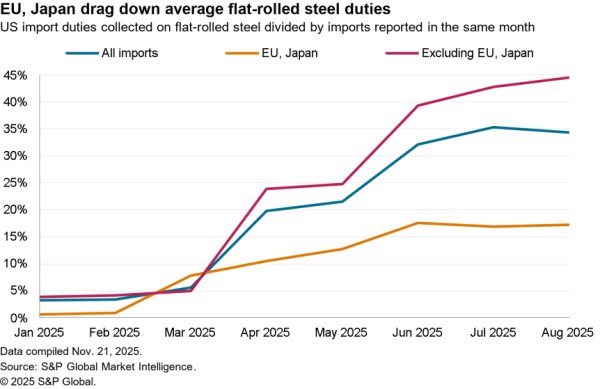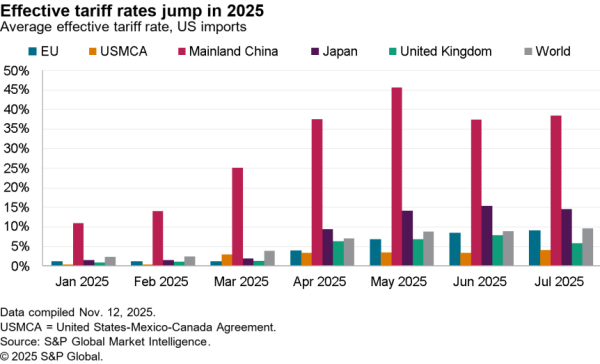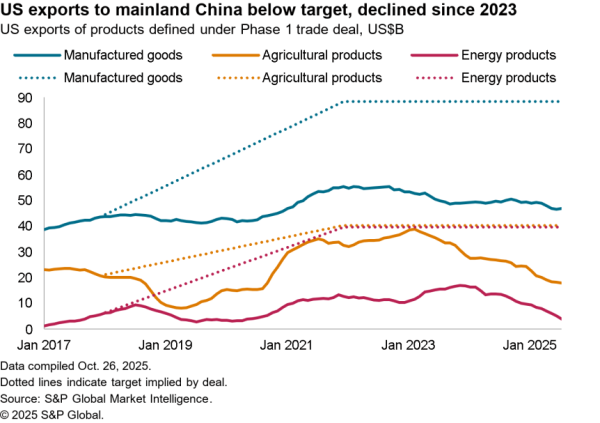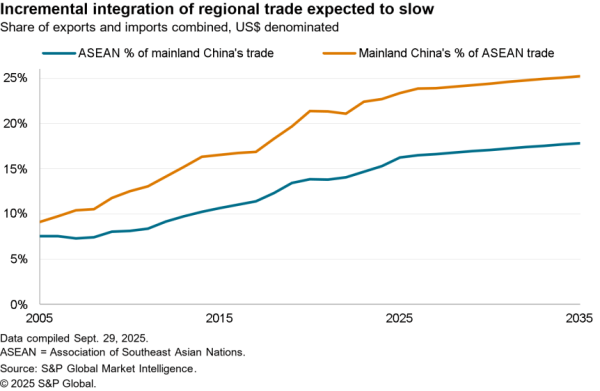President Joe Biden’s Executive Order on critical supply chains is due to report on options to secure sourcing of four critical product areas by early June, including large capacity batteries. Securing such equipment, which is vital for vehicle electrification and electricity storage in an integrated renewable energy network, also requires access to key minerals as discussed in Panjiva’s research of March 17.
The majority of current U.S. large capacity battery sourcing currently comes either domestically, particularly from Tesla’s “Gigafactory” as well as historically allied states. Panjiva’s data shows that the value of U.S. imports of lithium ion batteries used for vehicles from South Korea, Japan and Europe combined represented 74.4% of the total $773 million of imports in the 12 months to Jan. 2021.
There’s been a recent surge in imports from China, which represented 24.7% in the past 12 months but rose to 45.8% in the three months to Jan. 31 as shipments from Europe were scaled back.

Source: Panjiva
Aside from sourcing the materials there is also the issue of securing the intellectual property associated with manufacturing the batteries. While Tesla is developing its own battery manufacturing process other automakers may need to rely on supplies from existing major suppliers including Panasonic, Samsung SDI, LG Chem and SK Innovations.
There are already challenges for those supplies at their U.S. customers. A U.S. ITC ruling against SK Innovation regarding lithium-ion battery intellectual property held by LG Chem presents longer term sourcing challenges for Ford and Volkswagen. SK Innovation has responded by threatening to cancel plans to invest in new manufacturing capacity in the U.S. if the related ban isn’t overturned, according to Inside Trade.
General Motors has also had to recall its Chevrolet Bolt electric vehicle after a series of battery fires linked to packs reportedly made by LG Chem in South Korea
In the meantime U.S. seaborne imports have continued to climb in February with growth of 52.2% year over year. That’s been led by a 267% rise in shipments linked to Samsung SDI while those associated with LG Chem have fallen by 35.6%. SK Innovation may already be cutting its supplies with shipments of just 22 TEUs in February compared to a peak of 123 TEUs in January.
Among the direct users of batteries there’s been a return to growth in shipments linked to Daimler which climbed by 24.4% in February, though the automakers and their suppliers are living under the cloud of a shortage of specific semiconductors. So far though it’s been the ICE models that have suffered the most.

Source: Panjiva




